Theory becomes realized among a people only in so far as it represents the realization of that people's needs
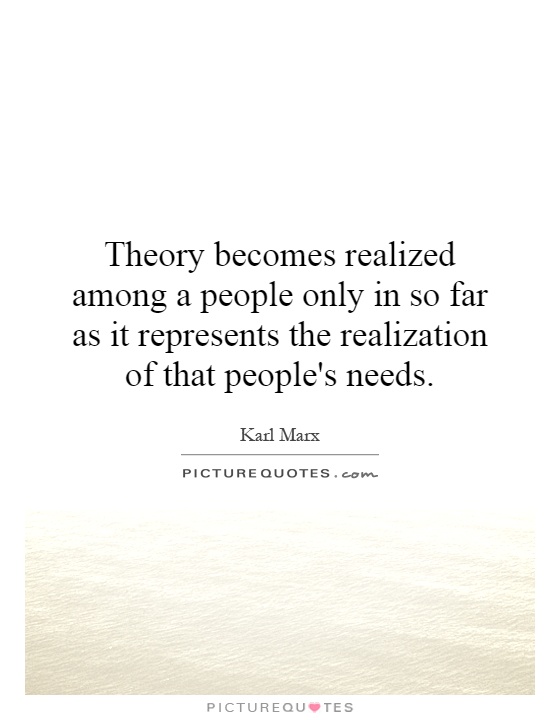
Theory becomes realized among a people only in so far as it represents the realization of that people's needs
Karl Marx, a renowned philosopher and economist, believed that theory only becomes realized among a people when it represents the realization of their needs. This concept is central to Marx's theory of historical materialism, which posits that the economic base of society determines the superstructure, including political institutions, culture, and ideology. According to Marx, the ruling class in society shapes the dominant ideology to maintain their power and control over the means of production.Marx argued that the working class, or proletariat, would eventually overthrow the ruling class, or bourgeoisie, in a revolution that would lead to the establishment of a classless society based on common ownership of the means of production. In this new society, theory would be realized among the people because it would reflect their needs and interests, rather than those of the ruling class.
Marx believed that capitalism created alienation and exploitation among the working class, leading to their impoverishment and disenfranchisement. The realization of the proletariat's needs would involve the abolition of private property, the end of class distinctions, and the establishment of a society based on cooperation and equality.
Marx's theory of historical materialism emphasizes the importance of understanding the material conditions of society in order to bring about social change. Theory, in this context, is not simply an abstract concept but a tool for analyzing and transforming the world. It becomes realized among a people when it reflects their lived experiences and addresses their material needs.

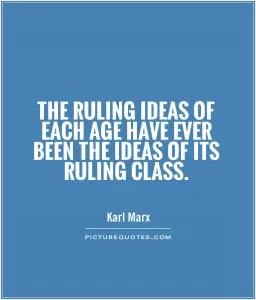
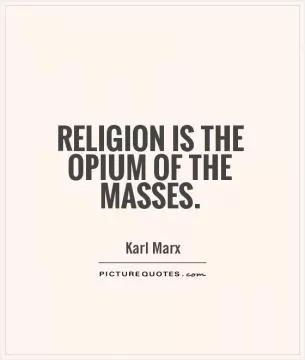
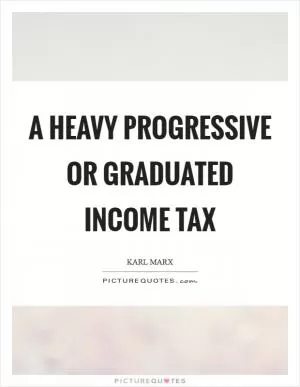
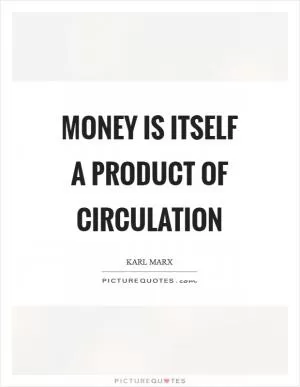
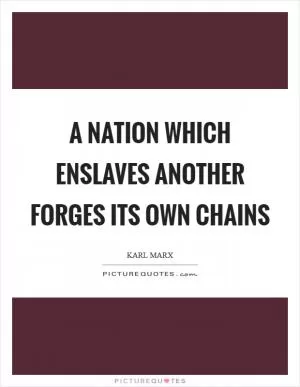





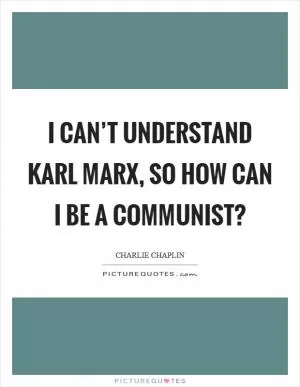
 Friendship Quotes
Friendship Quotes Love Quotes
Love Quotes Life Quotes
Life Quotes Funny Quotes
Funny Quotes Motivational Quotes
Motivational Quotes Inspirational Quotes
Inspirational Quotes